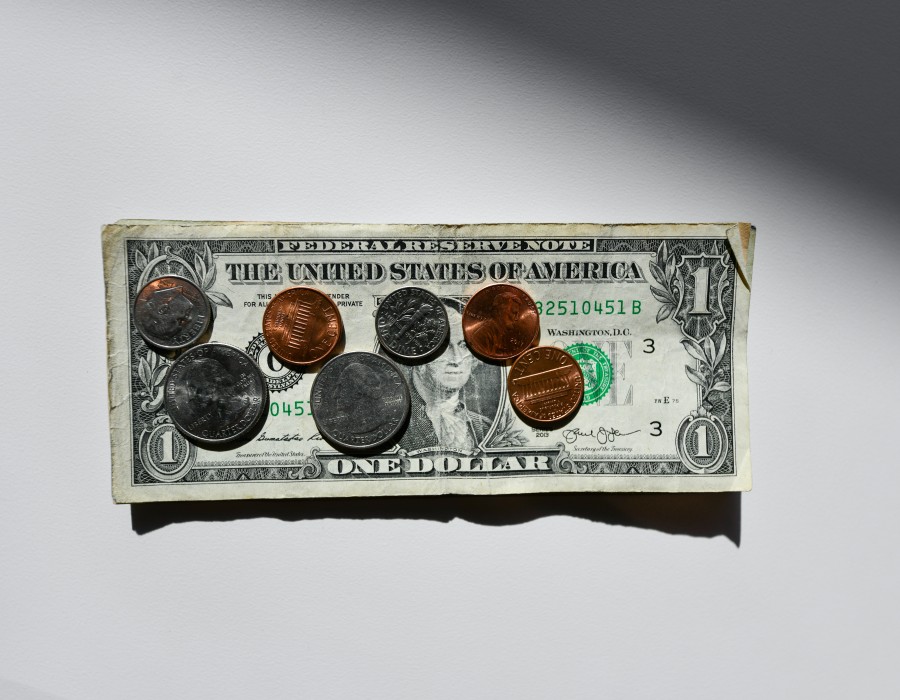Plumbing issues can be a major source of stress for homeowners, often leading to unexpected expenses. However, with some strategic planning and practical advice, you can significantly reduce the costs associated with plumbing installation and repair. Here are some expert tips to help you save money while ensuring your plumbing system remains efficient and reliable.
1. Regular Maintenance
Overview: Routine maintenance is crucial for preventing major plumbing issues. Regular inspections and minor repairs can help you avoid costly emergencies down the line.
Tips:
- Scheduled Inspections: Have a professional plumber inspect your system annually to catch small problems before they become big ones.
- DIY Checks: Regularly check for leaks, drips, and signs of corrosion. Early detection can save you from expensive repairs.
- Water Heater Maintenance: Drain your water heater annually to remove sediment buildup, which can improve efficiency and prolong its lifespan.
2. Invest in Quality Materials
Overview: While it may be tempting to go for the cheapest materials, investing in high-quality plumbing fixtures and components can save you money in the long run.
Tips:
- Durable Fixtures: Opt for fixtures and fittings that are known for their durability and performance. They might cost more upfront but will last longer and require fewer repairs.
- Pipe Material: Choose the right type of pipes for your needs. For example, PEX piping is flexible, less prone to leaks, and typically cheaper to install than copper.
3. DIY for Simple Repairs
Overview: For minor plumbing issues, such as a clogged drain or a leaky faucet, you can often handle the repair yourself with a little guidance and the right tools.
Tips:
- Educate Yourself: Watch online tutorials and read DIY guides to understand basic plumbing repairs.
- Invest in Tools: A few basic plumbing tools, such as a plunger, pipe wrench, and plumber’s tape, can help you tackle simple repairs on your own.
- Know Your Limits: While DIY can save money, recognize when a problem is too complex and requires professional assistance to avoid causing further damage.
4. Upgrade to Water-Efficient Fixtures
Overview: Water-efficient fixtures not only conserve water but also reduce your utility bills. Upgrading can be a cost-effective way to improve your home’s plumbing system.
Tips:
- Low-Flow Toilets and Faucets: Install low-flow toilets, showerheads, and faucets to reduce water usage.
- Energy-Efficient Water Heaters: Consider upgrading to a tankless water heater, which can be more energy-efficient and reduce your energy bills over time.
- Rebates and Incentives: Check for local or state rebates and incentives for installing water-efficient fixtures, which can offset the initial investment.
5. Get Multiple Quotes
Overview: When major plumbing work is required, getting multiple quotes from different plumbers can help you find the best price and ensure you’re not overpaying.
Tips:
- Compare Prices: Request detailed quotes from at least three reputable plumbing companies.
- Check Reviews: Read online reviews and ask for references to ensure you’re hiring a qualified and trustworthy plumber.
- Negotiate: Don’t be afraid to negotiate the price or ask if there are any discounts available.
6. Plan Ahead for Major Projects
Overview: If you’re planning a major plumbing installation, such as a bathroom remodel or a new water line, careful planning can help you avoid unexpected costs.
Tips:
- Detailed Planning: Plan the project thoroughly, considering all aspects, from materials to labor costs, to avoid last-minute changes that can increase expenses.
- Permits: Ensure you obtain any necessary permits before starting the project to avoid fines and delays.
- Bundling Projects: If you have multiple plumbing needs, try to bundle them together. Plumbers might offer discounts for larger projects, and it can save on labor costs.
7. Emergency Fund
Overview: Setting aside an emergency fund specifically for home repairs can provide peace of mind and prevent financial strain when unexpected plumbing issues arise.
Tips:
- Regular Contributions: Make regular contributions to your emergency fund to ensure you have enough savings to cover unexpected repairs.
- Budgeting: Include potential plumbing repairs in your annual home maintenance budget.
Conclusion
Plumbing installation and repair can be costly, but with strategic planning and proactive measures, you can keep expenses under control. Regular maintenance, investing in quality materials, and tackling simple repairs yourself are effective ways to save money. Additionally, upgrading to water-efficient fixtures, getting multiple quotes for major projects, and planning ahead can further reduce costs. By following these tips, you can maintain a reliable and efficient plumbing system while protecting your wallet.
Should you like assistance in your plumbing around Dallas? Visit us here: https://www.brooksplumbingtexas.com/dallas





Comments